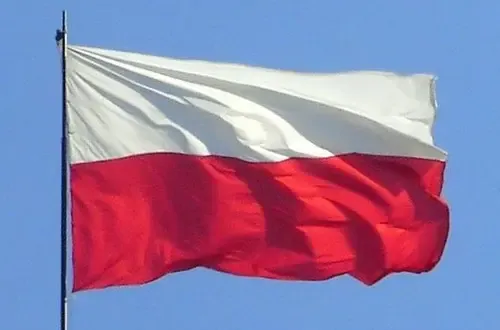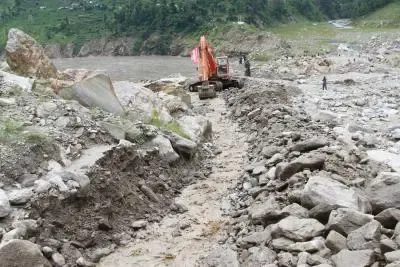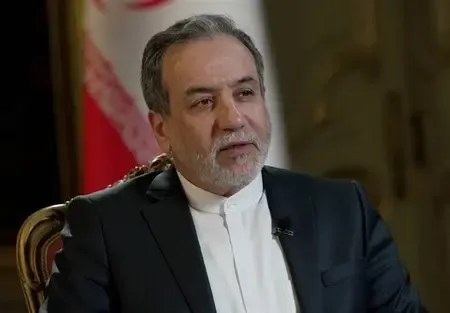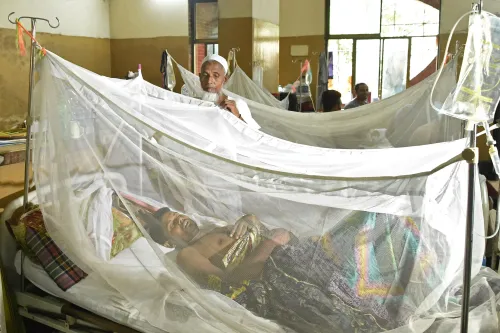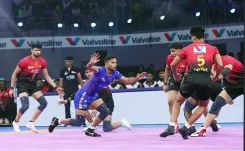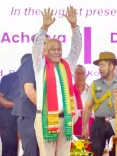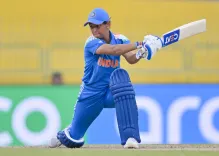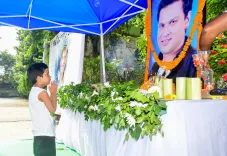What led to the arrest of eight Awami League leaders and activists in Dhaka?
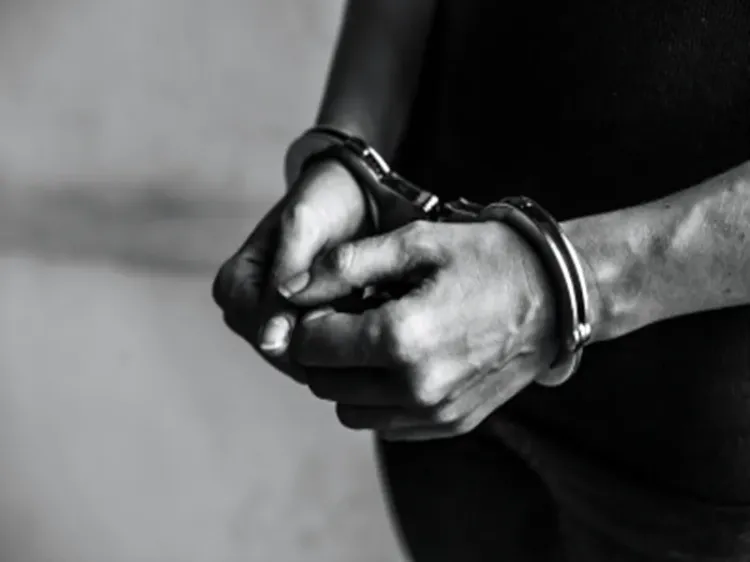
Synopsis
Key Takeaways
- Eight Awami League leaders arrested in Dhaka.
- Police operation conducted across multiple locations.
- International Crimes Tribunal to investigate allegations of crimes against humanity.
- Awami League condemns the crackdown and human rights violations.
- Political tensions rise under the interim government.
Dhaka, Oct 5 (NationPress) A total of eight leaders and activists from the Awami League were apprehended by the Dhaka Metropolitan Police (DMP) detectives from multiple locations across the capital on Sunday.
The individuals taken into custody include Enamul Kabir Emon (51), a member of the Awami League's Central Committee; Emdadul Haque, the office secretary for the Dhaka South Metropolitan unit; Mosharraf Hossain (38), vice-president of the Banani thana Tanti League; Kazi Miraz Hossain Moni (30), joint general secretary of Dhaka Metropolitan South unit BCL; Belal Ahmed Nahian alias Biplab (32); Shahanur Alam Sabu (53), president of the Jourpurhat Amdai union unit Awami League; Nure Alam Liton (37), organizing secretary of Motijheel Thana Jubo League; and Aminul Haque Murad (45), vice-president of the Chawkbazar unit Awami League, as reported by United News of Bangladesh.
The Deputy Commissioner (media) of DMP, Talebur Rehman, stated that the arrests were made during a 24-hour operation that concluded on Sunday morning. Following a tip-off, a unit of DB police conducted a raid in the Dhanmondi area at approximately 1:05 am (local time), resulting in the arrest of Enamul. The remaining individuals were taken into custody from various locations including Bhashantek, Moghbazar, Wari, Jatrabari, Tejgaon, and Gulshan in Dhaka.
These events unfold amid a continuing crackdown on Awami League leaders and their supporters under the interim government led by Muhammad Yunus.
In a related matter, Chief Prosecutor Mohammad Tajul Islam announced on Sunday that the International Crimes Tribunal plans to initiate a preliminary investigation into the Awami League's purported involvement in crimes against humanity, as reported by Bangladesh's The Daily Star.
He made this statement during discussions with reporters following proceedings of the International Crimes Tribunal-2.
During a recent event in Barishal, Bangladesh's Law Adviser Asif Nazrul commented, "When the activities of a political party are prohibited, it raises questions about whether the ban is temporary or permanent. I do not foresee the ban on the Awami League being lifted—neither before the elections nor in the near future."
When questioned about Nazrul's remarks, Tajul Islam added, "We have already received a complaint from a political party called the Nationalist Democratic Movement, alleging that the Awami League has committed crimes against humanity as an organization. We are thoroughly examining these allegations."
He further stated, "A preliminary investigation will commence soon to ascertain whether the Awami League can be charged as a criminal organization."
Previously, in September, the Awami League condemned the assaults on its processions, arbitrary arrests, and the oppression faced by its leaders and activists, along with the violations of human rights occurring under the interim government led by Muhammad Yunus.
The party's statement followed the arrest of at least 244 Awami League leaders and activists and those affiliated with the party during a flash procession in Dhaka.
Criticizing the Yunus regime, the party asserted, "Since the illegal usurper, killer-fascist Yunus clique seized state power, the populace has been subjected to horrific violence and brutality. Public life has descended into chaos. Law and order have deteriorated, and the entire nation is under the threat of mob rule, where murder, violence, sexual assault, theft, and arson have become commonplace."

